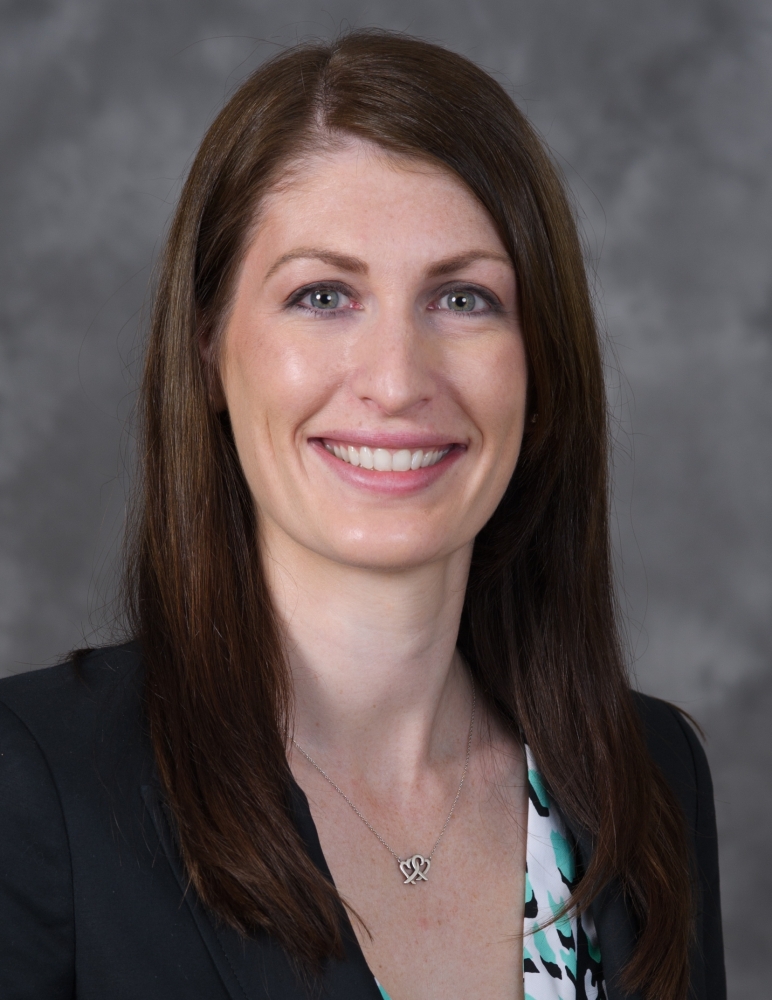While softly spoken and rather humble about her achievements, there is no question that UNSW Chemical Engineering alumna Dr Elizabeth Cohen is incredibly focused and extremely good at what she does.
Currently working in the US but with a view to returning to Australia within her five-year plan, Cohen says the broad base of knowledge offered by her Chemical Engineering degree gave her the confidence to follow her interests after she graduated, and soon led to a “life-changing” PhD.
“I didn’t know it at the time, but my PhD changed my entire career and direction,” she says. “It was an industry-based project at the CSIRO Land and Water in Floreat, WA. I was working for Rio Tinto who wanted to work out how to clean a contaminated site. I had stumbled into environmental chemistry and I loved it,” she says.
Following her PhD, Cohen plunged straight into consulting as a hydrogeochemist for Parsons Brinkerhoff in Sydney where she quickly proved her worth in increasingly complex projects. “I found that consulting suited me perfectly. It’s fast-paced and the hours are long, but the flexibility is great and lets me balance work and life, which is more important now I have a family. It’s also given me the opportunity to travel, first to Switzerland, where I worked in Zurich for a couple of years, and most recently to the US.”
In both her current role as a Principal Consultant for ERM in Detroit, and her previous role with Arcadis in Phoenix, Cohen’s work has focused on complex site remediation chemistry projects and site remediation strategy development and she says her work has allowed her to become a national technical expert in certain areas.
“My career has been very good to me in that respect. Every contaminated site is different, so everything I end up doing is an ‘innovative solution’. You can take methods from one site to another and adapt and change the things you’ve done in the past but essentially every solution is unique which means I’m always learning,” she explains.
“I know it’s a cliché, but as well as the problem-solving aspect, I love my work because it makes such a huge difference in people’s lives. Ensuring people have access to clean water is a very satisfying thing to do.”
Although she has enjoyed working in the US, and now has an American husband and two kids, Cohen is certain about wanting to come back and live in Australia. “America is a great country to work in, particularly in my field because they have big problems with land contamination in certain areas so the work I can do here is very valuable, but ultimately Australia is home and I want to come back.”
I know it’s a cliché, but as well as the problem-solving aspect, I love my work because it makes such a huge difference in people’s lives. Ensuring people have access to clean water is a very satisfying thing to do.
Dr Elizabeth Cohen, UNSW Chemical Engineering alumna
Cohen remembers her time at UNSW very fondly and mostly because of the people she met through her course. “They were so smart and from such diverse backgrounds. It’s been fascinating to see everybody going in their own directions and the paths they decided to take. I think I’m a better person from having done it and now I have this amazing breadth of experience to draw inspiration from. I think that’s very cool.”
As for the future, one of the things Cohen has always had a passion for developing alongside her technical capabilities is the communication aspect of engineering. In fact, she believes communication to be the most important trait that engineers need to cultivate to be successful in the discipline today.
“The ability to interact with people inside and outside of your field, and being able to explain and translate your vision and strategy into terms that everybody can understand, is critical,” says Cohen.
“Particularly as we move forward. It’s going to be very rare in the future that you can be an engineer sitting in a room doing your calculations in isolation. There is an increasing need to be able to sell yourself and your work.”
Communication is top of mind for Cohen at the moment too, because she is facing a career crossroads. Although far down the environmental science engineering track, she has been considering her growing interest communication and how much she has gravitated towards aspects of her job such as presentations, conferences and talking to clients.
“I’ve started a Master’s in Communication, and am hoping I can somehow work that into my career as it stands, or perhaps even shift altogether,” she continues.
As for the advice she would give to her 18-year-old self, Cohen is quick to answer. “I’d tell myself ‘Say YES to as many different things as you can. The more experiences you can get along the way, the better prepared you’ll be when you finally find that thing you want to do for the rest of your life.’”
